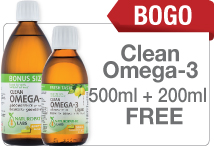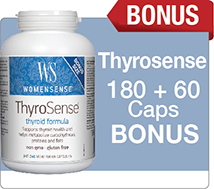Hepatitis
Updated Jan. 22nd, 2018
Hepatitis is an inflammation of the liver. It can be caused by the one of the hepatitis viruses, medications or toxins. In respect to viral hepatitis, there are 6 types of viruses: A-E + G.
Hepatitis A is an infection that comes from contaminated food and water. It is usually only seen in North Americans who return from visiting tropical destinations where complete sanitation can often be lacking and water quality may be poor.
It usually resolves itself in one to two months and does not become chronic or fatal, but can make the person affected feel quite sick.
Hepatitis B-G is spread through contaminated blood, blood products or sexual contact. The first signs of these infections often occur several months after the infection. These viral types usually result in a chronic liver inflammation that leads to liver damage and can be life threatening.
All kinds of hepatitis can have a large, negative impact on our health because the liver has an incredibly important role in detoxifying our bodies. The liver also produces enzymes, breaks down cholesterol, aids in digestion and makes and reduces hormones.
No matter the cause, hepatitis symptoms often start with fatigue, fever, loss of appetite, nausea and vomiting. Soreness under the right ribs can be present.
Other possible symptoms are jaundice, muscle pain, headaches and hives, also including a variety of digestive complaints, including: gas, bloating, upset stomach, and diarrhea On a blood test liver enzymes are elevated and, if infectious, viral particles can be found.
The liver is the body’s main detoxifier and filter. Natural treatment of all liver conditions should include liver cleansing. See the detoxification section for more information on liver cleansing. Liver supportive foods should be consumed. They include artichokes, black radish, beets, carrots, spinach, sauerkraut, tomatoes and watercress. Make sure that you are getting enough water-soluble fibre in your diet, as found in apples, oats and supplemental inulin. They help to eliminate bile and toxins from the intestines. Avoid sugar, alcohol, red meat, trans-fatty acids and processed foods. They are difficult for the liver to process. Avoid high doses of niacin and vitamin A because they can raise liver enzymes.






















